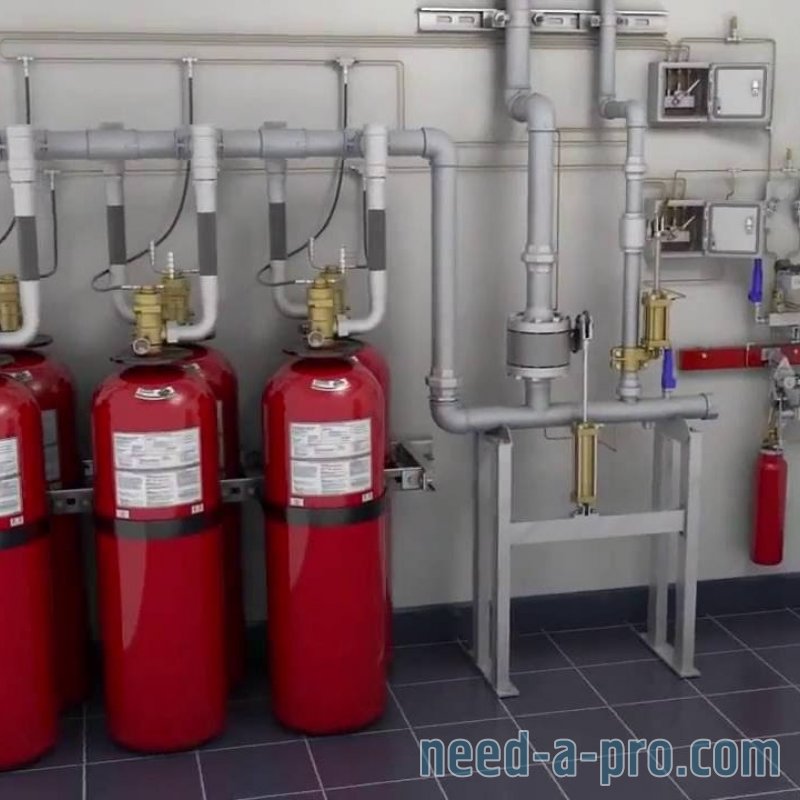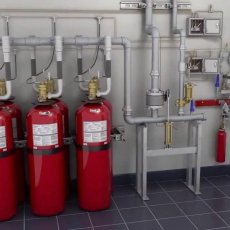annunci
Design of alarm systems
Design of alarm systems
Full Name: Markov Alexey
Job title: Design of engineering systems
E-mail: architeccture@gmail.com
Job Type: Part-Time
Work experience: Chief Engineer for low-voltage systems
- Design of fire alarm systems
- Design of gas fire extinguishing
- Design of sprinkler fire extinguishing
- Design of pumping installations
- Design of pipelines working under pressure
- Systems design automation and control systems engineering building
Courses and trainings:
- ESSER by Honeywell – Design of fire alarm systems
- Schneider Electric – industrial Automation
Excellent knowledge of the AutoCAD program.
I am engaged in professional drawing of drawings for builders and architects.
Looking for a part-time job
By your request I will send examples of my projects.
Fire alarm design in London
A fire detection and alarm system should always be installed to a high standard and designed to suit the premises, property type and environment. Ensuring the correct alarm system is installed can help reduce costly unwanted false alarms.
The Alarm Hub offers bespoke fire system design services for a varied range of fire detection, gas detection and suppression systems under the British Standards BS5839 Pt1:2017.
The level of fire alarm system you require for your business premises will be determined by your fire risk assessment. Our design department will then consider the various types of fire alarm options available prior to designing the main fire alarm system, as not all types may suit the building they are designed for.
Our fully qualified, DBS checked team has a wealth of knowledge and over 20 years’ combined experience in design, installation and commissioning fire systems. We’ve worked with large scale networked systems through to conventional systems. Our technicians carry ECS Health and Safety cards and work on any sized projects, from new builds to system modifications and upgrades.
Fire Alarm Maintenance
Regular servicing of your fire alarm system is a legal requirement. At The Alarm Hub, we offer fire alarm maintenance options in order to ensure you are compliant with the regulatory and legislative requirements.
Our fire alarm servicing is carried out in accordance with the British Standards BS 5839 Pt1: 2017 by fully qualified, competent technicians, who are DBS checked and carry ECS Health and Safety cards.
As part of our standard fire alarm maintenance package, we service and test all cause and effects and provide you with a cause and effect matrix. Combining our servicing with our highly experienced technicians, gives our customers peace of mind that they are being fully compliant and that their fire detection system will work in the event of a fire.
As a fire safety company, we understand that the legislation can be confusing and questions arise, such as:
- Do I need a fire alarm system?
- How often should a fire alarm system be serviced?
- What type of system do I require? Conventional, addressable wireless?
There are many contributing factors as to whether or not a fire alarm system is required and which type is most suitable for your premises. If you are in any doubt, then your fire risk assessment should specifically state whether you should or shouldn’t install automatic fire detection.
Fire Risk Assessments
In the UK, it’s a legal requirement for a fire risk assessment to be carried out on almost all premises where people could be working. Under these regulations, the responsible person, called a duty holder in the Scotland regulations and appropriate person in the Northern Ireland regulations, is legally obliged to ensure the risk assessment is carried out and deal with any problems highlighted in the assessment.
The responsible person is typically the person who has primary responsibility for the premises. This could include facilities managers, owners of premises and managers of buildings. In multi-tenanted buildings, each tenant has to carry out a fire risk assessment of their premises and coordinate it with the assessment their landlord has carried out for their areas. In blocks of flats, the fire risk assessment needs to cover the common areas, such as stairs and corridors, but not necessarily the individual flats.
The fire risk assessment has to be carried out to a competent standard. For small buildings, the owner or occupier of the premises is likely to be able to carry the assessment out themselves, as long as they familiarise themselves with the relevant guidance document. However, for buildings of any size or complexity, it is best to employ a professional fire risk assessor to carry out the assessment.
Fire Risk Assessors
There’s a wide range of levels of expertise for fire risk assessors. Assessors at the most basic level will simply review your building against standard design codes and recommend that you upgrade any parts of the building that do not comply. Whilst the fire risk assessment itself may be cheap, this approach can often result in major costs to upgrade buildings to current standards.
A more experienced fire risk assessor will be able to make reasoned judgements on the level of risk presented by non-compliance and decide whether the risk is tolerable. Even if changes are needed, they may be able to recommend alternative, more cost-effective solutions, such as changes to management procedures.
We pride ourselves on having fire risk assessors of the highest standard, supported by the rest of the company who can provide expert advice on almost all aspects of fire safety. By using The Alarm Hub, you are therefore sure that you will be given the best advice and receive the most cost-effective solutions.
You can find out more about the legal requirements for fire risk assessments here:
Regulatory Reform (Fire Safety) Order 2005 - England and Wales
Fire (Scotland) Act 2005 – Scotland
Fire and Rescue Services (Northern Ireland) Order 2006 - Northern Ireland
- Alexey
- Location
- London
- Paese
- United Kingdom
- Indirizzo
-
Trova sulla mappa - numero di telefono
- Mostra telefono
- Mostra E-mailQuesto indirizzo email è protetto dagli spambots. È necessario abilitare JavaScript per vederlo.
- Tipo annuncio
- Ricerca di lavoro
- Categoria
- Construzione e riparazione
- Sottocategoria
- Costruttori
- Data di inserimento
-
Domenica, 22 Marzo 2015
10 anni fa - Visualizzazioni
- 11356
- Id
- 146















 Vectora Design
Vectora Design